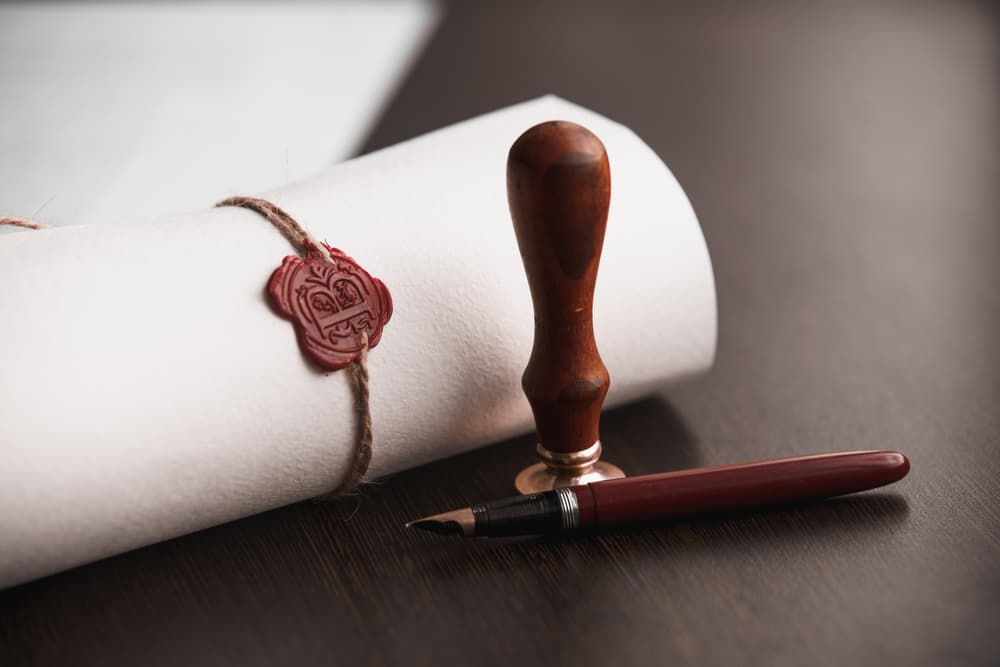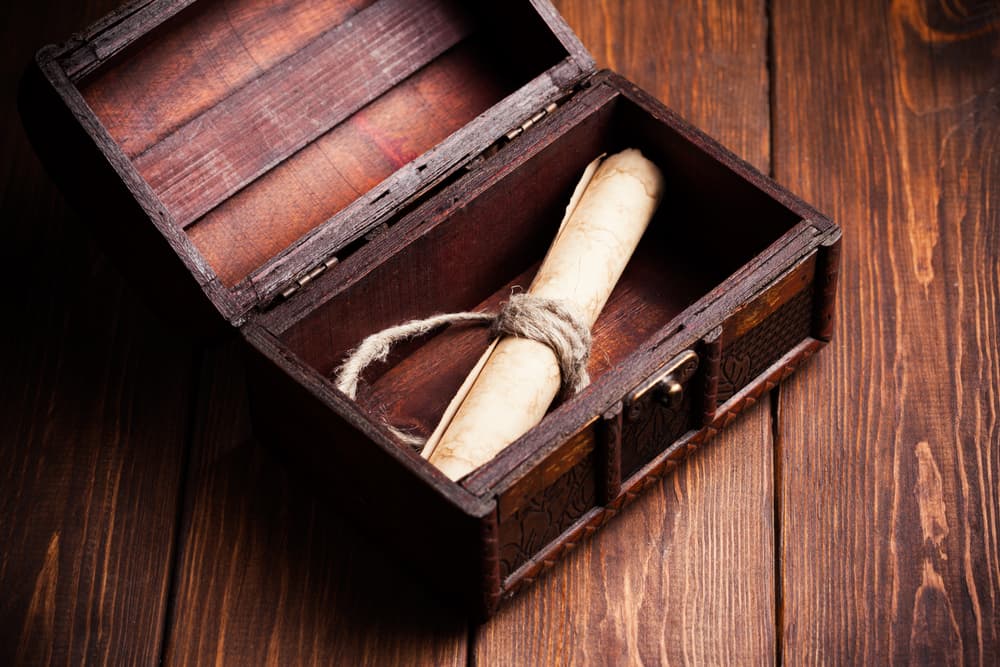People often have a myth that only married people or couples require a will. Whether you are an unmarried young individual or a single retired person, you must create a will. You may want somebody to take care of your wealth after your death and ensure that your legacy is handed over to your selected heir—all that is possible by creating a will.
Also Read: What Is Perpetual Succession And How Can It Help You Retire With Confidence?
What Happens If You Die Without Creating A Will?
The rights of the legal heirs in a Hindu family are decided according to the Hindu Succession Act, 1956. Without a will, the deceased’s assets are divided among the Class-I heir, which includes spouse, children, mother, etc. In the absence of an heir as per Class-I, the assets are distributed to Class-II of the schedule and in the absence of Class-I and II heirs, agnates and cognates of the deceased are considered. If a person dies intestate, i.e. without creating a will, in the absence of a legal heir, the assets are taken over by the state under the doctrine of escheat.
Things You Should Include In A Will
You may not want to die intestate, i.e. without a will, so creating a will establishes the rights of heirs on your property. When making a will, you should try to avoid mistakes in it. There are a few important details that you must include in your will. Mention the details of the person who will receive which assets and their specific share of them. List out details of all your assets, including physical and digital ones, and declare the share of all heirs in each of them. If you want to donate anything, don’t forget to mention it in your will. If you have an existing loan, mention the details of the person who will take care of its repayment. Always try to include the name of the executor in your will. If you don’t choose an executor, the court will appoint the executor when the will is executed.
Also Read: How These 5 Types Of Deeds Can Help In Estate Planning For Senior Citizens
Finally
If you are single, whether young or old, you must keep your will ready. A will can help you in many ways. Intestate succession can lead to legal disputes, and your successors may not get their righteous share of your wealth. If you are a single senior, through a will, you can make sure that after your death, all expenses related to your last rites are met with the money you have allocated for it.
Along with a will, a single person, especially a senior single, must also create an advance medical directive document that should allow the nominee to make decisions when they are not in a condition to make them.
The author is an independent financial journalist.




